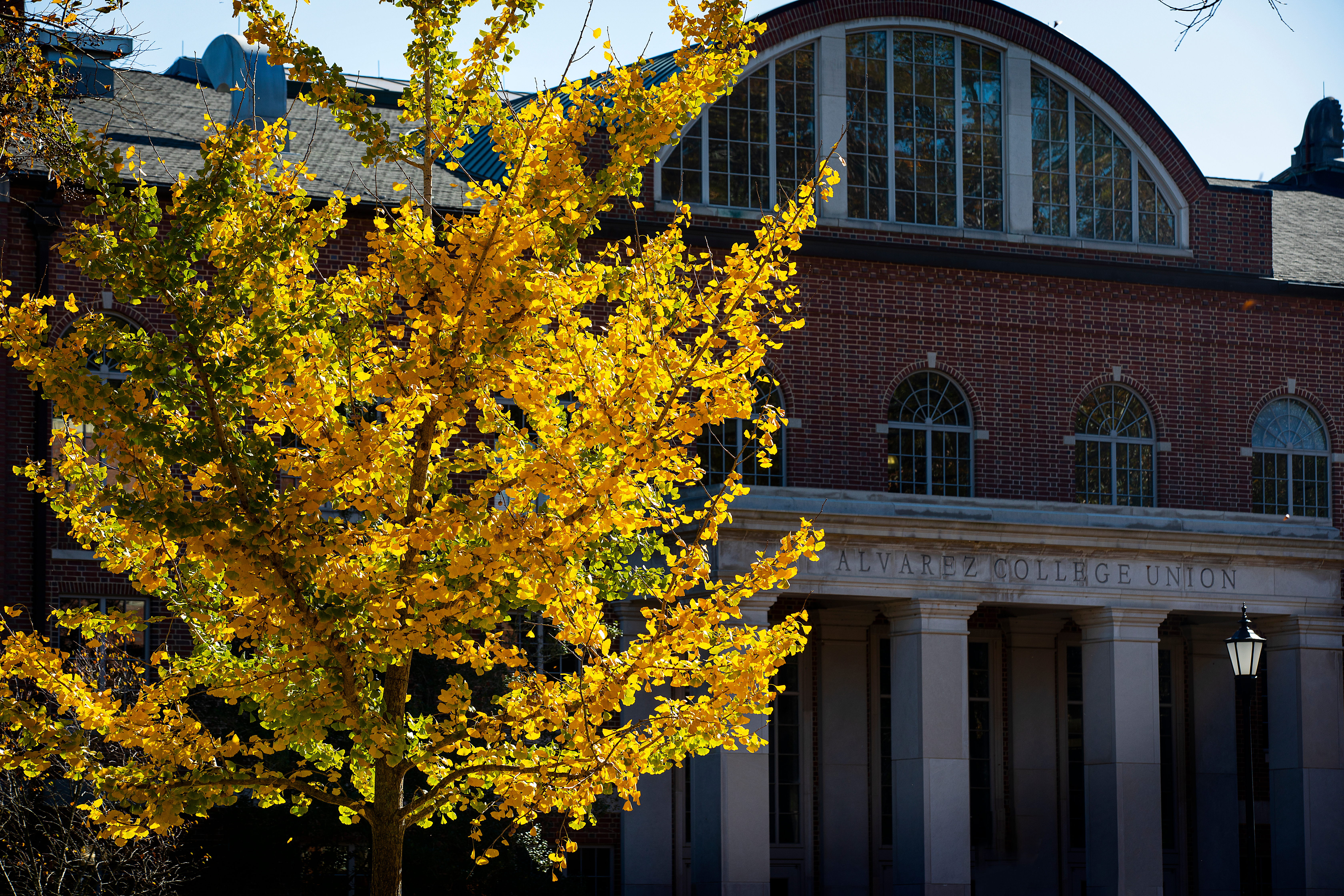Assistant Professor James Webb: Black Contemporary Theatre Takes Center Stage
September 11, 2023
- Author
- Caroline Roy '20
As he kicks off his first semester at Davidson, Assistant Professor of Theatre James Webb looks forward to watching his students surprise him.
An actor, director, producer and playwright, Webb previously taught at Bronx Community College in New York City. During the pandemic, he and his husband purchased a home in Charlotte, and Webb found himself commuting weekly to New York and back. When he learned of Davidson’s search for a professor specializing in Black contemporary theatre, he felt the job was made for him.
In the summer of 2021, Webb visited campus to see a play put on by the Common Thread Theatre Collective, Davidson’s partnership with historically Black North Carolina A&T. Coming into a predominantly white institution, he said it was important to see a commitment to telling nuanced stories about marginalized people.
“I’m excited to teach students who have a natural curiosity about what it means to be human in Black skin,” he said.
Much of Webb’s research and creative work examines spirituality and sexuality in the Black southern experience. Whether it’s writing a play or teaching an acting class, he believes theatre should aim to tell the truth, along with all its contradictions and nuances. Plays, he said, can help show facets of the Black experience often missing from popular media.
“We tend to connect Black art to trauma,” he said. “Theatre helps complicate what we think the Black experience is. It’s about telling a story that feels personal rather than just universal.”
This semester, Webb will direct his first play at the Barber Theatre: Dominique Morisseau’s Blood at the Root. Premiered in 2014 at Pennsylvania State University, the play offers a fictionalized look at the true story of the Jena Six, a group of Black high school students in Louisiana who were charged with attempted murder for a school fight after being provoked by nooses hanging from a tree on campus. Their story drew national attention in 2006, exemplifying the racial double standards in the American judicial system.
“It’s a colorful, complex look at human conflict,” said Webb. “Morisseau gives us the words, but leaves us the freedom to create and stage the play however we want.”
For Webb, the best part of directing is allowing his students to surprise him with their creative choices. He offers guidance and parameters along the way, but ultimately gives them space to trust their creative instincts. Teaching acting, he said, is about chiseling away at the things that inhibit our imaginations. Often, the original play evolves into something new during rehearsal.
“The baggage we pick up can block our creativity and keep us from being expressive and vulnerable,” he said. “I’m not teaching people how to act, but giving them the tools to tell the truth. If they can do that, everything else follows.”



